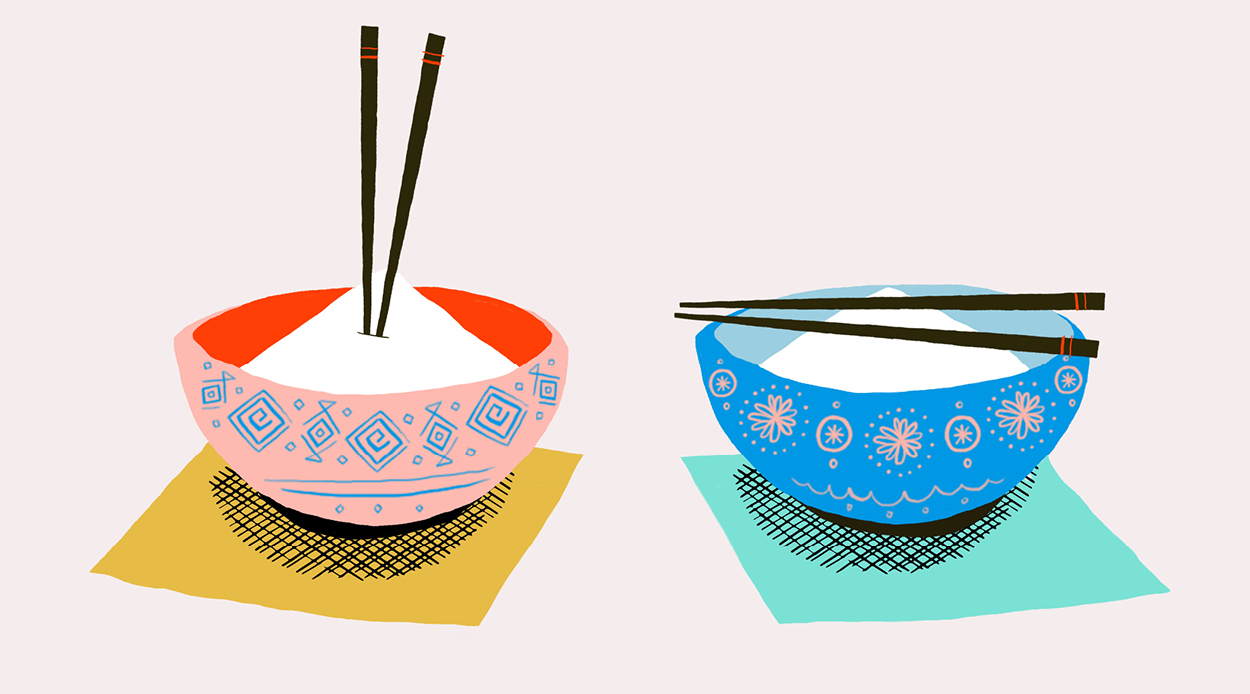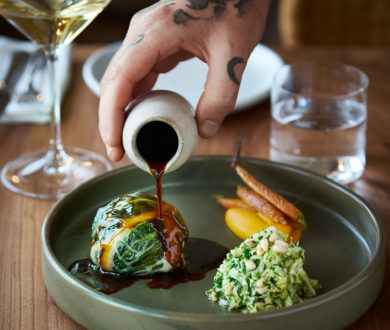Auckland is a melting pot of people from all around the world which is one of the many reasons to love this cosmopolitan city. The diversity of our population inevitably leads to social situations where you gain the opportunity to immerse yourself in cultures that are different from yours and this is most commonly found around the dining table. When a friend from a different country from your own offers to share their cuisine with you, it means more than requesting to go halves on a pepperoni pizza. Take it as an invitation into their culture, an invitation that requires sensitivity and the utmost respect — which is why we thought a guide of this nature would be useful. Here is a foolproof directory on how to behave when eating another culture’s cuisine.
Be scared, but be prepared
No matter what it is, if you don’t know what to expect, it only makes sense to feel somewhat scared. You’re stepping outside your comfort zone so don’t beat yourself up for feeling on edge. However, it’s crucial that you enter prepared so that you have an understanding (no matter how rudimentary) of the culture’s values, norms and traditions — you’d be surprised at how much background information there is. For example, some cultures slurp unapologetically, some keep their eating sounds discreet, and some eat with their hands while others find this uncouth.
Trust is a must
Believe the kindness of other people’s hearts. The last thing your friend wants to do is traumatise you and if that is their intention, you should reconsider your friendship instead of questioning their culture. If anything, they want you to walk away with the most positive experience so push your ego and trust issues aside and give them full control on what ends up on your plate. That said, don’t hold back when it comes to asking questions about the food — you always have the right to know necessary information about what goes into your mouth.
Shut the instincts of your gut
There’s that saying ‘always trust your gut,’ but we think this is one of those rare occasions when that rule of thumb does not apply. Your gut isn’t familiar with half the things you’re about to consume so just close your eyes, hold your gut and keep your mind wide open. Treat this moment as an introduction to a whole new world, a way to expand your horizons beyond the regular chicken breast to the more ‘unusual’ cuts such as feet.
It’s rude to play with food
Basic table etiquette dictates that you shouldn’t play with your food. This rule applies to all cultures; it’s universal. There’s a difference between merely asking a question about the dish you’re about to eat and taking matters into your own hands by performing an autopsy of sorts. The more you investigate and inspect the food, the more it seems like you’re ‘othering’ the culture behind the cuisine, so avoid doing it.
Going once, going twice…
When it comes to trying anything entirely new, the first time is rarely an indication on what your final opinion will be. There are too many variables that come into play when something is not what you expected which can muddle
If it’s not your cup of tea, just say it’s not for me
So, you’ve given the dish enough of a chance to make up your mind that you dislike it, which is completely fine. Everybody is entitled to their own opinions but does this mean you are welcome to screw up your face and complain? Absolutely not. Bear in mind that food is a significant component in many cultures which means that it can be a highly sensitive topic and your strong opposition may come off as
Don’t feel hesitation to show your appreciation
Next time somebody from a different culture invites you over for a traditional meal, take into consideration how they might feel. They are probably just as nervous about how their norms and values will be perceived as you are about having to try questionable cuts of meat and flavours that you can’t quite put your finger on. Remember to be appreciative by simply saying thank you to them for sharing a significant part of themselves with you.








